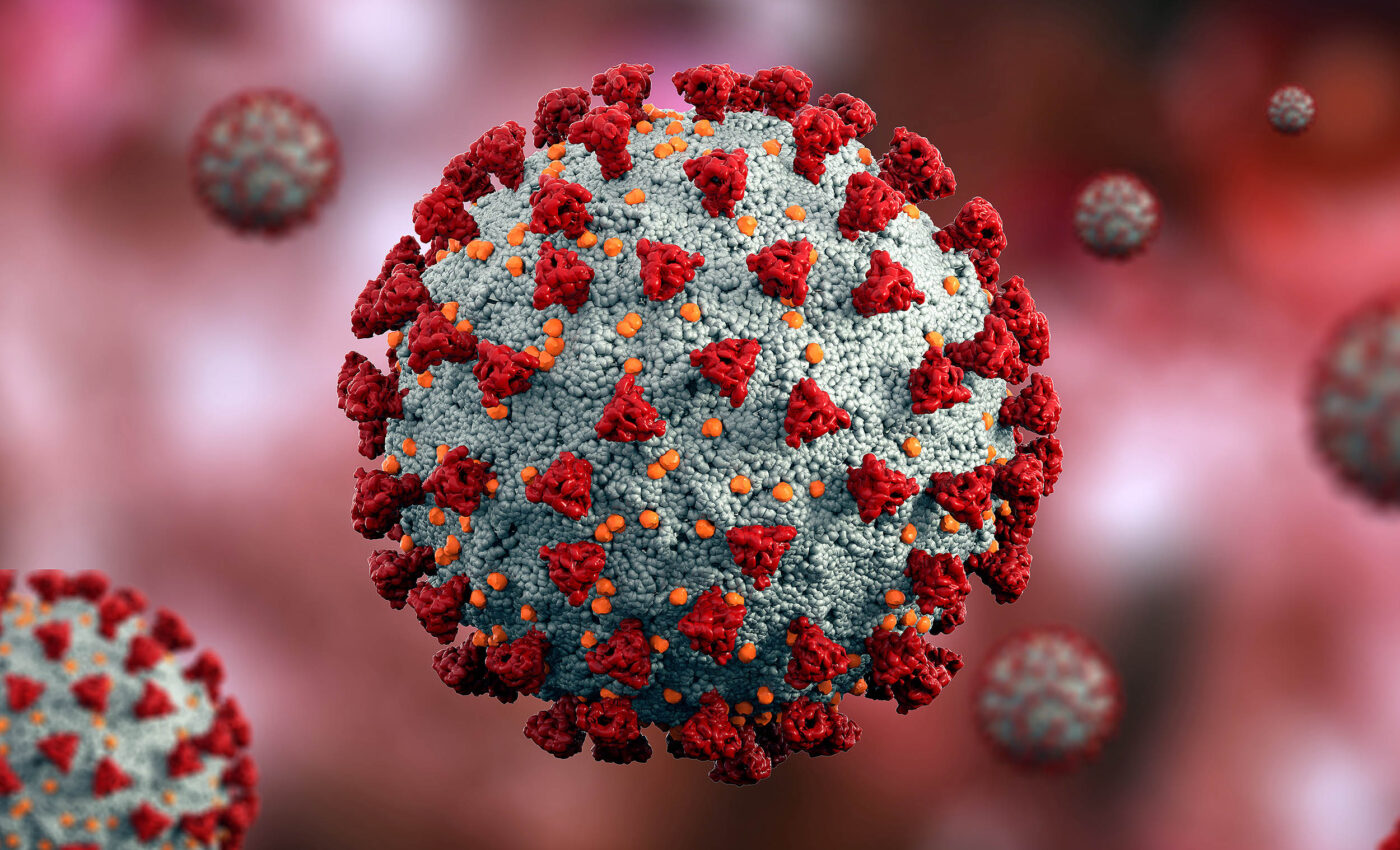
COVID-19 virus lingers in the body up to two years after infection
Recent findings have solved a perplexing mystery of COVID-19 — its ability to linger in the body long after the initial infection phase has passed.
This research provides pivotal clues towards understanding long COVID, a condition that leaves patients grappling with symptoms for months or even years.
COVID-19 has true staying power
The studies, led by Dr. Michael Peluso, an infectious disease researcher at the UCSF School of Medicine, discovered that remnants of the SARS-CoV-2 virus, specifically COVID antigens, could be detected in blood samples up to 14 months post-infection and in tissue samples for over two years.
“These two studies provide some of the strongest evidence so far that COVID antigens can persist in some people, even though we think they have normal immune responses,” Peluso explained.
Initially, COVID-19 was regarded as a short-term illness. However, as the pandemic unfolded, a growing number of individuals, previously in good health, reported prolonged symptoms ranging from brain fog and digestive issues to vascular problems. This led researchers to delve deeper into the nature of the virus and its long-term impact on the body.
Blood and tissue samples tell the tale
In their investigation, the UCSF team analyzed blood samples from 171 individuals who had contracted COVID. Utilizing an ultra-sensitive assay designed to detect the virus’s “spike” protein — key to its ability to invade human cells — the researchers found that the virus persisted in some participants for up to 14 months.
Notably, those who had been hospitalized for COVID were about twice as likely to have detectable COVID antigens compared to those who weren’t hospitalized. Furthermore, individuals who experienced severe symptoms without hospitalization also showed a higher likelihood of retaining these antigens.
Dr. Peluso emphasized the significance of these associations. “As a clinician, these associations convince me that we are on to something, because it makes sense that someone who had been sicker with COVID would have more antigen that can stick around,” Peluso said.
From persistent antigens to long COVID lingering
To understand the presence of the virus in the body further, the researchers explored UCSF’s Long COVID Tissue Bank, which houses samples from patients, both with and without long COVID.
They discovered viral RNA fragments up to two years post-infection in connective tissue, a site rich in immune cells. This suggests that these viral remnants could be prompting an immune response, potentially leading to long COVID symptoms. In some cases, there was evidence suggesting active viral presence.
These findings open the door to numerous questions regarding the relationship between these lingering viral fragments and long COVID, including associated risks like heart attack and stroke.
Dr. Peluso highlighted the necessity for further research to unravel whether these persistent fragments drive long COVID symptoms.
Closer look at the spike protein
In response to these discoveries, Dr. Peluso’s team at UCSF is pioneering several clinical trials aimed at evaluating whether treatments such as monoclonal antibodies or antiviral drugs can effectively eliminate the virus from the body and alleviate long COVID symptoms.
Reflecting on the progress made, Dr. Peluso expressed optimism. “There is a lot more work to be done, but I feel like we are making progress in really understanding the long-term consequences of this infection,” Peluso said.
This research not only marks a significant step forward in comprehending the complexities of COVID-19 but also ignites hope for improving the lives of those affected by long COVID.
Establishing a new battlefront to stop the COVID linger
In summary, the research conducted by UC San Francisco has significantly advanced our understanding of COVID-19, revealing that the virus can remain in the body far longer than previously thought. This finding potentially explains the enigmatic phenomenon of long COVID.
By identifying viral antigens in blood and tissue samples months to years after infection, their study challenges our understanding of the virus’s behavior offers new ideas for targeted treatments.
With ongoing clinical trials exploring the efficacy of monoclonal antibodies and antiviral drugs, there’s renewed hope for those suffering from long-term effects of COVID-19.
Dr. Peluso and his team’s dedication to uncovering the mysteries of COVID-19’s persistence underscores the importance of continued research in the fight against this ever-evolving virus, promising a future where long COVID can be effectively managed or even prevented.
These findings were among the key topics discussed at the Conference on Retroviruses and Opportunistic Infections (CROI).
—–
Like what you read? Subscribe to our newsletter for engaging articles, exclusive content, and the latest updates.
Check us out on EarthSnap, a free app brought to you by Eric Ralls and Earth.com.
—–













